Featured 1

Photo: PID
The range and coverage of the deals signed during Prime Minister Sheikh Hasina's visit to Japan certainly suggests the trip has been a successful one - it now remains up to the implementing agencies to make the best of them on the ground. In the weeks leading up to the visit, the Japanese side had been talking up the partnership in a big way, as part of a regional trifecta with India, feeding great expectations.
Certainly the deals signed on agriculture, metro rail, industrial upgrade, ship recycling, customs matters, intellectual properties, defence cooperation, ICT and cyber security cooperation all signal a significant step towards realising those expectations. Japan has long stood out as Bangladesh's most generous foreign donor and most important development partner, with Bangladesh figuring as the largest cumulative recipient of Japanese Grant Aid since the 1980s. When it came to the question of Japanese companies looking to invest in Bangladesh however, a certain reticence seemed always to prevail, with regards to the investment climate and the ease of doing business in Bangladesh. That is what one of the deals signed this time, between the Ministry of Commerce of Bangladesh and the Ministry of Economy, Trade and Industry of Japan, seeks to address. The deal aims to establish a framework to jointly explore the possibilities of upgrading Bangladesh's industries by promoting cooperation between Bangladesh and Japan "at both government and private levels". The Japan External Trade Organisation (JETRO) has already identified sectors like readymade garments, textile, dying, ceramic, information technology, handicraft, energy saving and human resource development as the priority areas of cooperation.
The Memorandum on Defence Cooperation is another major development that signals an upgrade in the relationship to a strategic partnership. It envisions promoting and strengthening cooperation in the fields of defence dialogue, exchange of visits, education, training, courses, seminars, workshops, and most importantly, technology transfer. It suggests Bangladesh will have a high quality option to diversify its imports of defence equipment in the future, and even more importantly, the sort of knowledge transfer that can help the country to modernise its own defence industry for the future.
Japan has made no secret of its hopes that Bangladesh can play a key role in realising its Indo Pacific Strategy, styled as its vision for a Free and Open Indo Pacific (FOIP), aimed at ensuring a rules-based international order to bring stability and prosperity "for every country" as well as to secure peace and prosperity in the region. Prime Minister Sheikh Hasina during her trip has signalled Bangladesh's support for these principles. However Bangladesh's own Indo Pacific Strategy is still a work in progress. Understandably, the country is looking to balance the interests of the Western bloc on one side, and China on the other - a delicate balancing act. On the evidence so far, the government is handling this difficult task admirably.






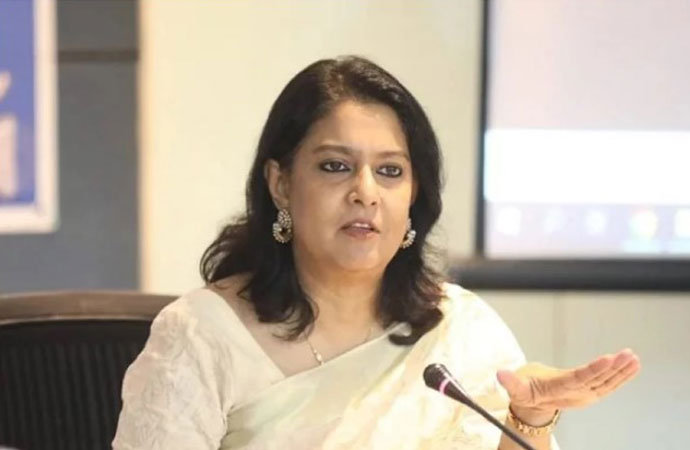


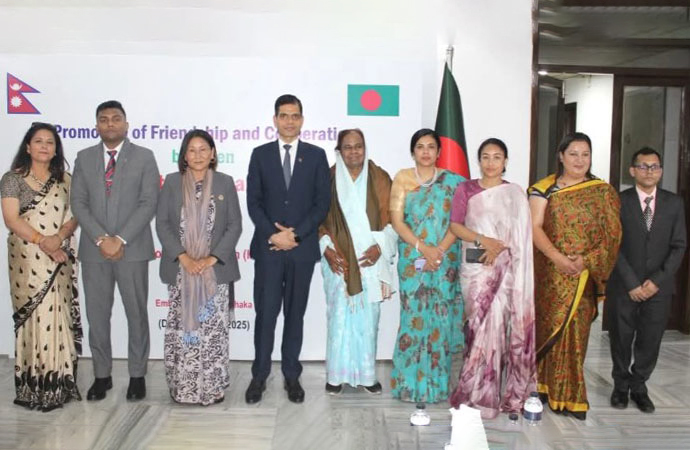









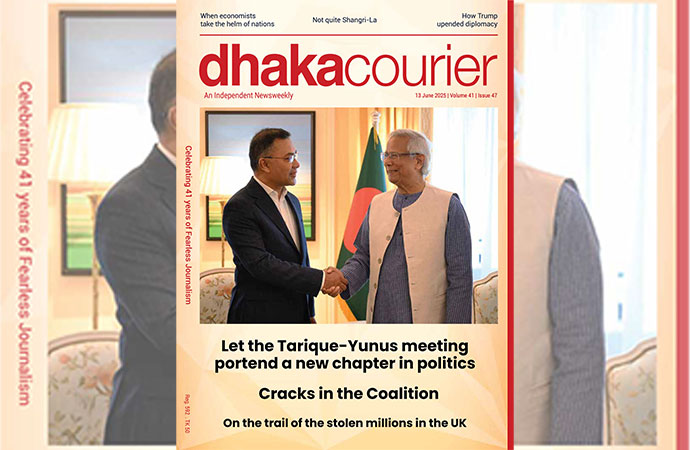
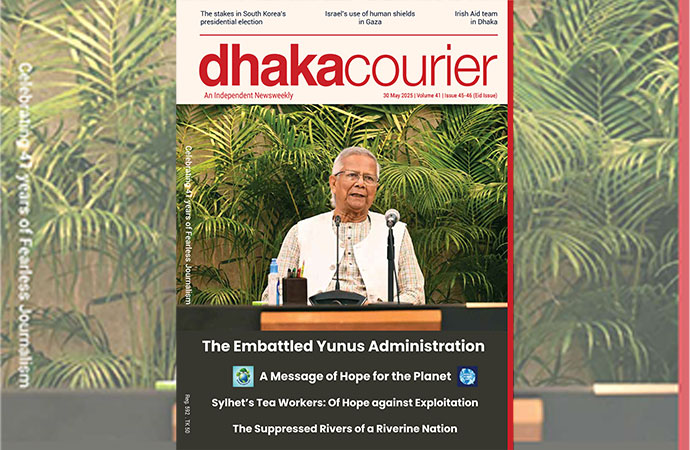
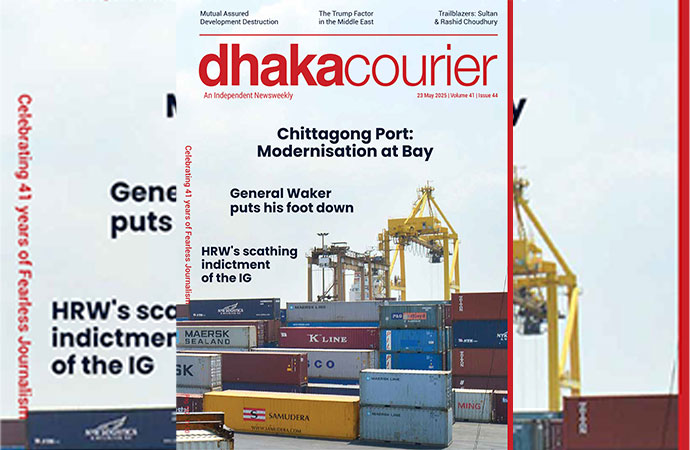



Leave a Comment
Recent Posts
Enayetullah Khan to represent ...
Enayetullah Khan, Editor-in-Chief of United News of Bangladesh (UNB), ...
The tragedy in Ahmedabad touch ...
Air crashes are inherently international incidents, and the emotions t ...
Asset recovery a key focus; breakthroughs from talks ..
'It'll inspire youths to build Bangladesh they dream ..
UK envoy Sarah Cooke happy with Yunus’ visit to Brit ..
Prof Yunus honoured with prestigious Harmony Award b ..